Rose (গোলাপ)
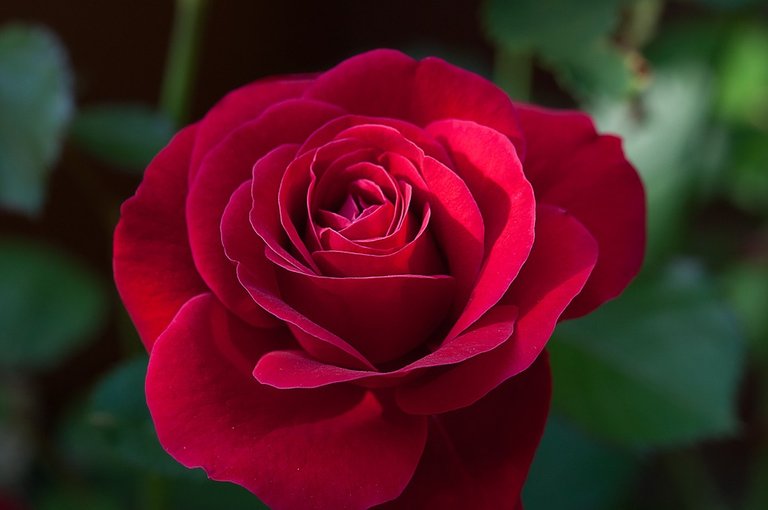
Rose flower-001
Photo source
A rose is a woody lasting blossoming plant of the class Rosa, in the family Rosaceae, or the bloom it bears. There are over a hundred animal types and a great many cultivars. They shape a gathering of plants that can be erect bushes, climbing or trailing with stems that are frequently equipped with sharp prickles. Blooms fluctuate fit as a fiddle and are normally extensive and garish, in hues running from white through yellows and reds. Most species are local to Asia, with littler numbers local to Europe, North America, and northwestern Africa. Species, cultivars and half breeds are altogether broadly developed for their excellence and frequently are fragrant. Roses have obtained social hugeness in numerous social orders. Rose plants go in measure from minimal, smaller than normal roses, to climbers that can achieve seven meters in stature. Distinctive species hybridize effortlessly, and this has been utilized as a part of the advancement of the extensive variety of garden roses.
The name rose originates from French, itself from Latin rosa, which was maybe acquired from Oscan, from Greek ρόδον rhódon(Aeolic βρόδον wródon), itself obtained from Old Persian wrd-(wurdi), identified with Avestan varəδa, Sogdian ward, Parthianwâr.
Botany
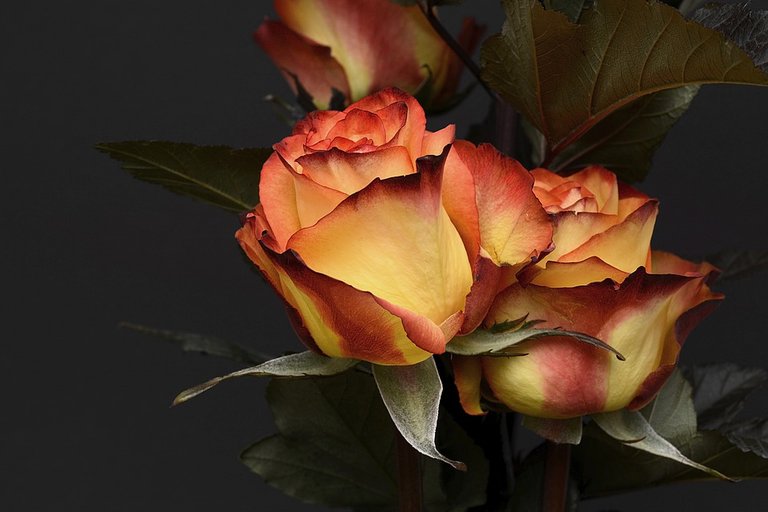
Rose flower-002
Photo source
The leaves are borne on the other hand on the stem. In many species they are 5 to 15 centimeters (2.0 to 5.9 in) long, pinnate, with (3– ) 5– 9 (– 13) handouts and basal stipules; the flyers for the most part have a serrated edge, and frequently a couple of little prickles on the underside of the stem. Most roses are deciduous however a couple (especially from South east Asia) are evergreen or about so.
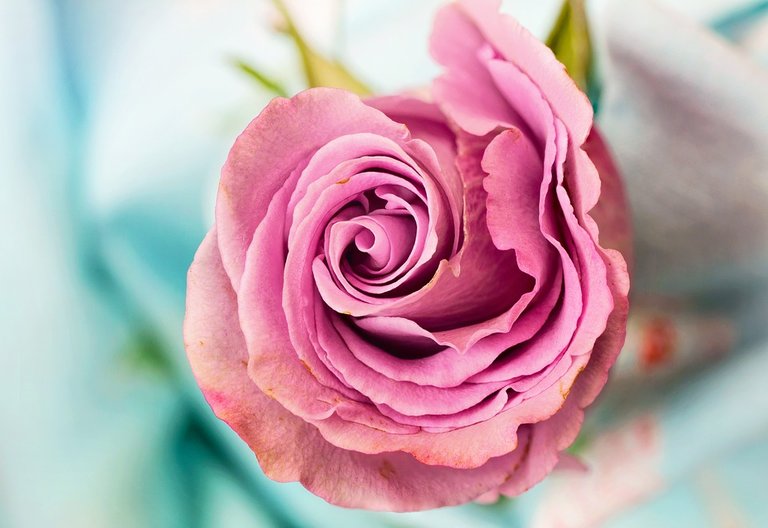
Rose flower-003
Photo source
The blossoms of most species have five petals, except for Rosa sericea, which generally has just four. Every petal is separated into two particular projections and is typically white or pink, however in a couple of animal groups yellow or red. Underneath the petals are five sepals(or on account of some Rosa sericea, four). These might be sufficiently long to be unmistakable when seen from above and show up as green focuses exchanging with the adjusted petals. There are various unrivaled ovaries that form into achenes.[4] Roses are bug pollinated in nature.
The total product of the rose is a berry-like structure called a rose hip. Huge numbers of the local cultivars don't deliver hips, as the blooms are so firmly petalled that they don't give access to fertilization. The hips of most species are red, however a couple (e.g. Rosa pimpinellifolia) have dim purple to dark hips. Every hip includes an external beefy layer, the hypanthium, which contains 5– 160 "seeds" (actually dry single-seeded natural products called achenes) installed in a grid of fine, however hardened, hairs. Rose hips of a few animal categories, particularly the puppy rose (Rosa canina) and rugosa rose (Rosa rugosa), are exceptionally rich in vitamin C, among the wealthiest wellsprings of any plant. The hips are eaten by natural product eating feathered creatures, for example, thrushes and waxwings, which at that point scatter the seeds in their droppings. A few feathered creatures, especially finches, likewise eat the seeds.
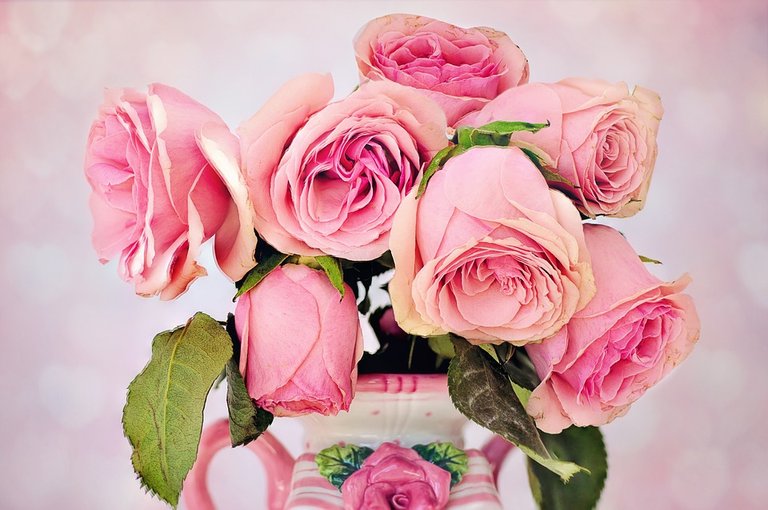
Rose flower-004
Photo source
While the sharp questions along a rose stem are generally called "thistles", they are actually prickles—outgrowths of the epidermis (the external layer of tissue of the stem). (Genuine thistles, as delivered by e.g. Citrus or Pyracantha, are altered stems, which dependably begin at a hub and which have hubs and internodes along the length of the thistle itself.) Rose prickles are regularly sickle-formed snares, which help the rose in clinging to other vegetation when developing over it. A few animal categories, for example, Rosa rugosa and Rosa pimpinellifolia have thickly stuffed straight prickles, most likely an adjustment to lessen perusing by creatures, yet additionally conceivably an adjustment to trap wind-blown sand thus decrease disintegration and secure their underlying foundations (both of these species develop normally on beach front sand ridges). Notwithstanding the nearness of prickles, roses are much of the time perused by deer. A couple of types of roses have just minimal prickles that have no focuses.
Uses:
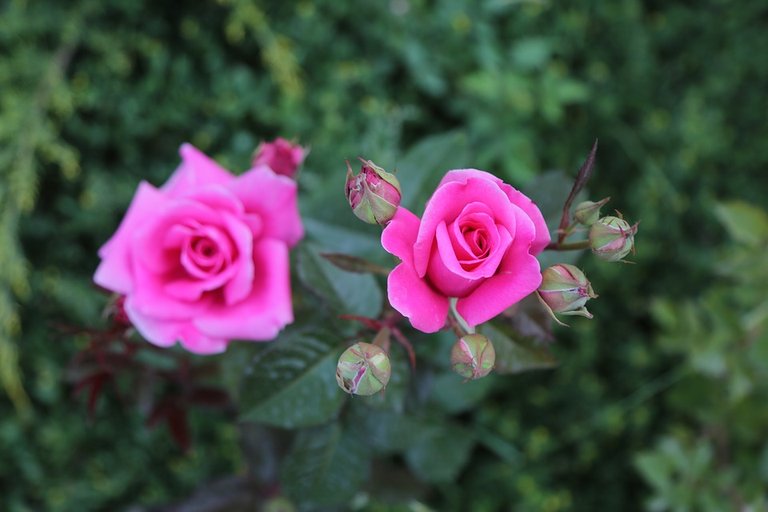
Rose flower-005
Photo source
Roses are best known as elaborate plants developed for their blossoms in the garden and once in a while inside. They have been additionally utilized for business perfumery and business cut bloom crops. Some are utilized as scene plants, for supporting and for other utilitarian purposes, for example, diversion cover and incline adjustment. They likewise have minor restorative employments.
Ornamental plants:
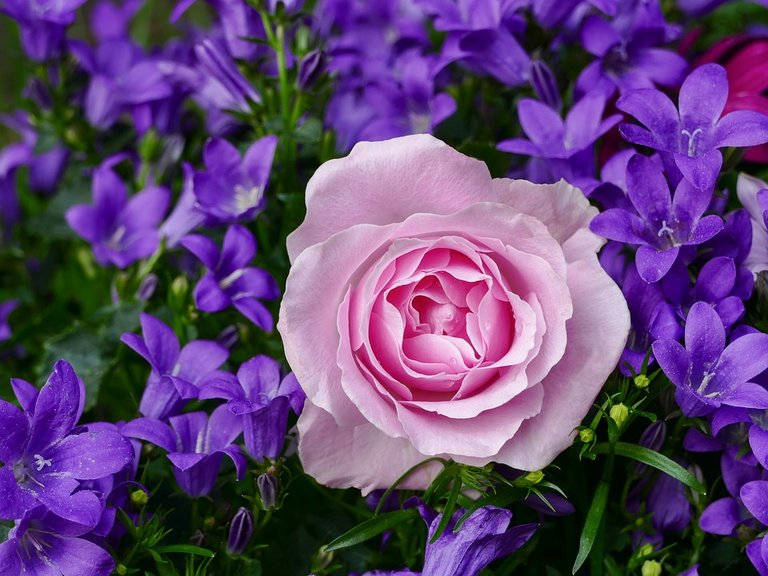
Rose flower-006
Photo source
The larger part of elaborate roses are cross breeds that were reared for their blossoms. A couple, generally animal varieties roses are developed for alluring or scented foliage, (for example, Rosa glauca and Rosa rubiginosa), elaborate thistles, (for example, Rosa sericea) or for their pompous natural product, (for example, Rosa moyesii).
Elaborate roses have been developed for centuries, with the most punctual known development known to date from no less than 500 BC in Mediterranean nations, Persia, and China.[5] Many a huge number of rose half and halves and cultivars have been reproduced and chosen for plant use as blooming plants. Most are twofold blossomed with numerous or the greater part of the stamens having changed into extra petals.
In the mid nineteenth century the Empress Josephine of France disparaged the improvement of rose reproducing at her greenery enclosures at Malmaison. As long back as 1840 an accumulation numbering more than one thousand unique cultivars, assortments and species was conceivable when a rosarium was planted by Loddiges nursery for Abney Park Cemetery, an early Victorian garden burial ground and arboretum in England.
Cut blossoms:
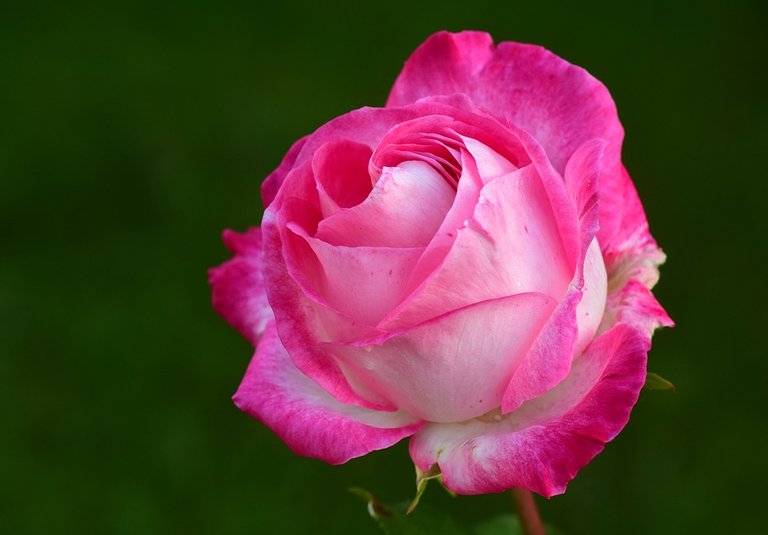
Rose flower-007
Photo source
Roses are a well known harvest for both local and business cut blossoms. By and large they are reaped and cut when in bud, and held in refrigerated conditions until prepared for show at their purpose of offer.
In mild atmospheres, cut roses are frequently developed in glasshouses, and in hotter nations they may likewise be developed under cover keeping in mind the end goal to guarantee that the blooms are not harmed by climate and that nuisance and malady control can be done successfully. Noteworthy amounts are developed in some tropical nations, and these are delivered via air to business sectors over the world.[6]
Some sort of roses are misleadingly shaded utilizing colored water, similar to rainbow roses.
Perfume:
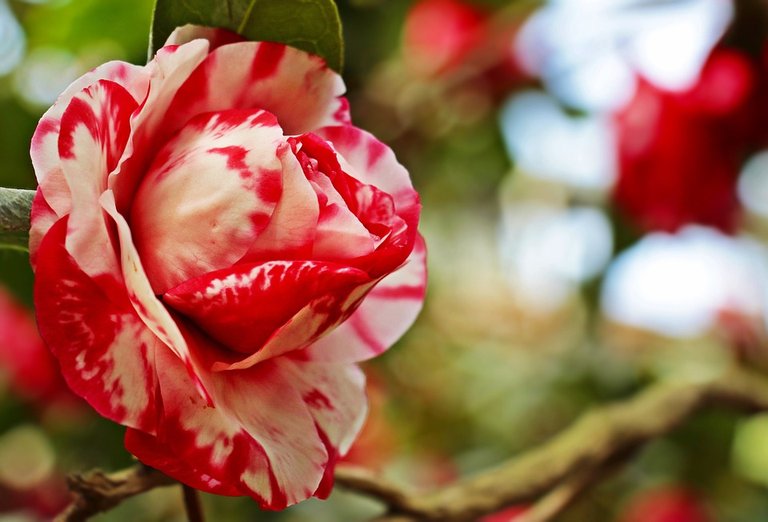
Rose flower-008
Photo source
Rose scents are produced using rose oil (likewise called attar of roses), which is a blend of unstable basic oils got by steam refining the squashed petals of roses. A related item is rose water which is utilized for cooking, beauty care products, prescription and religious practices. The generation system began in Persia and after that spread through Arabia and India, and all the more as of late into eastern Europe. In Bulgaria, Iran and Germany, damask roses (Rosa × damascena 'Trigintipetala') are utilized. In different parts of the world Rosa × centifolia is generally utilized. The oil is straightforward light yellow or yellow-dark in shading. 'Rose Absolute' is dissolvable separated with hexane and produces a darker oil, dull yellow to orange in shading. The heaviness of oil separated is around one three-thousandth to one six-thousandth of the heaviness of the blossoms; for instance, around two thousand blooms are required to deliver one gram of oil.
The principle constituents of attar of roses are the fragrant alcohols geraniol and L-citronellol and rose camphor, an unscented strong made out of alkanes, which isolates from rose oil.[7] β-Damascenone is likewise a critical supporter of the aroma.
Medicine:
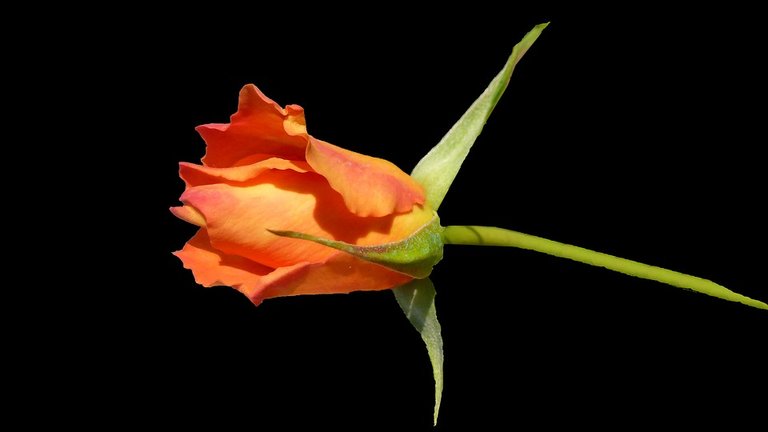
Rose flower-009
Photo source
The rose hip, for the most part from R. canina, is utilized as a minor wellspring of vitamin C. The products of numerous species have critical levels of vitamins and have been utilized as a sustenance supplement. Numerous roses have been utilized as a part of home grown and society prescriptions. Rosa chinensis has for some time been utilized as a part of Chinese conventional drug. This and different species have been utilized for stomach issues, and are being researched for controlling disease growth.[15] In pre-present day medication, diarrhodon (Gr διάρροδον, "compound of roses", from ῥόδων, "of roses"[16]) is a name given to vario.